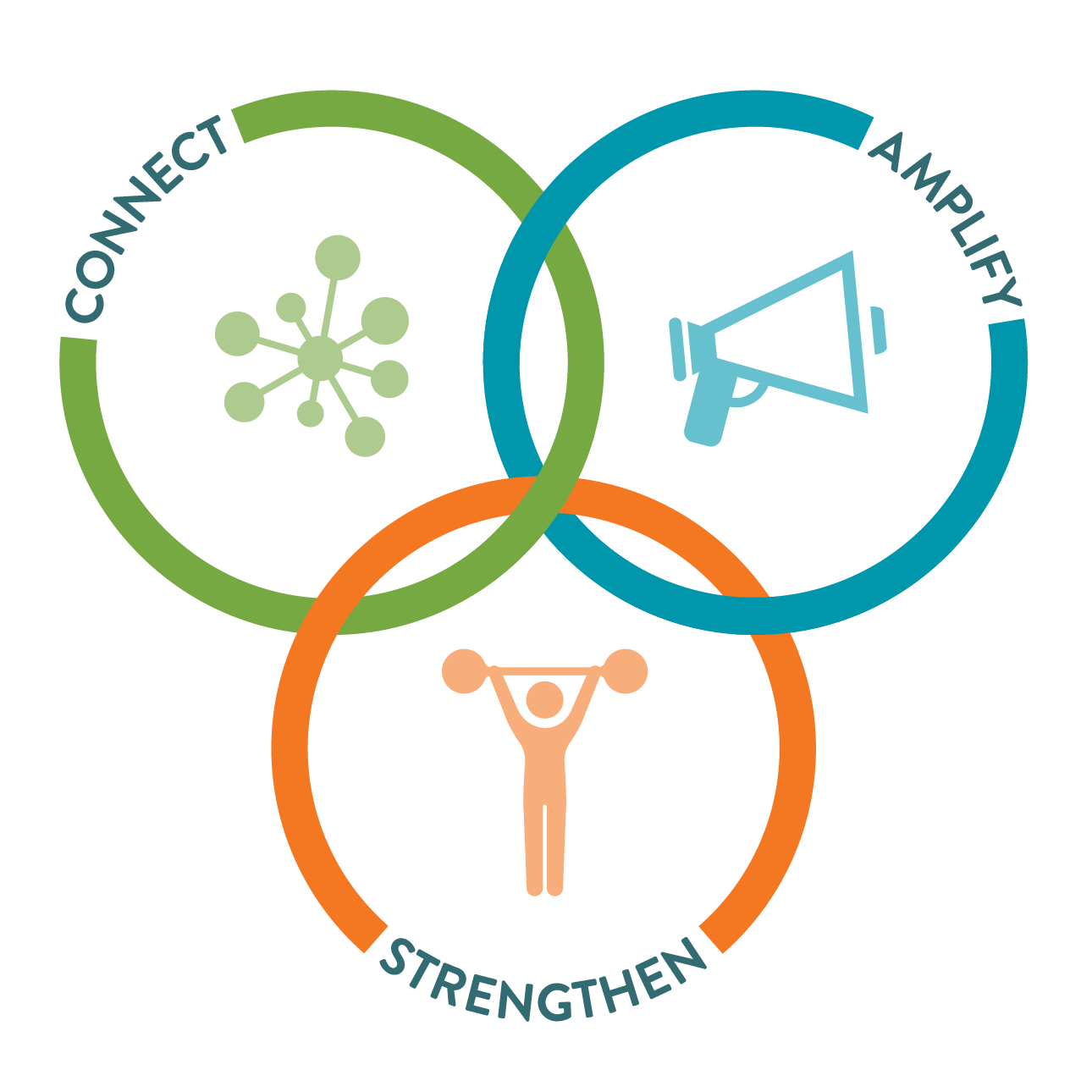Minnesota Health Equity Networks
 The Minnesota Health Equity Networks work to connect, strengthen, and amplify health equity efforts and community issues using a regional and relational approach. The networks are a community of support for local public health, Tribal public health, and community organizations to address long-standing health equity issues.
The Minnesota Health Equity Networks work to connect, strengthen, and amplify health equity efforts and community issues using a regional and relational approach. The networks are a community of support for local public health, Tribal public health, and community organizations to address long-standing health equity issues.
Learn more about our approach, core functions, and the resources that guide our work: Minnesota Health Equity Networks (PDF).
For monthly updates, subscribe to the Minnesota Health Equity Networks Newsletter.
Contact Us
- Coordinators and staff
Last Updated: 07/10/2025
